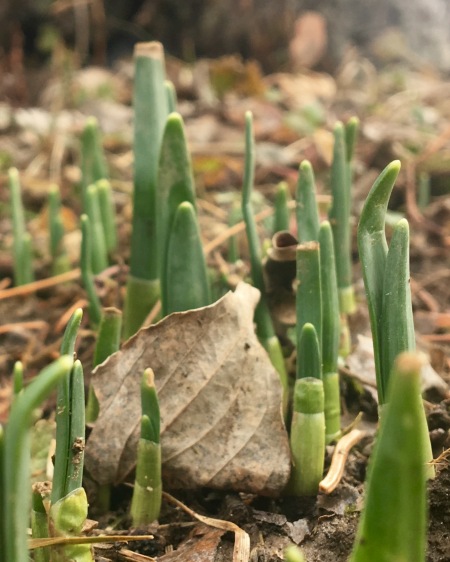Two weeks ago, J. K. Rowling published a blog post justifying recent anti-transgender tweets, in what many have called “a transphobic manifesto.” Just nine days later, a US Senator used that essay as justification to block The Equality Act, which would have added sexual orientation and gender identity to the list of classes protected from discrimination under federal law. In doing so, he demonstrated the real world consequences of Rowling’s betrayal.
I understand the word “betrayal” seems harsh, but it is apt, because in her essay, tweets, and insistance that transgender women are not really women, Rowling has betrayed the values she taught a generation of young people. The Harry Potter books emphasize respect for difference and standing up to bullies, but Rowling has used her prominent position to ridicule transgender people. Make no mistake – to deny the reality of a person’s lived experience – which Rowling does repeatedly – is to dehumanize them.
The books emphasize truth and honesty, but Rowling makes blatantly false claims about Maya Forstater, a think tank consultant whose expired contract was not renewed, due to her repeated harrassment of transgender people while at work. In a 26 page opinion, a judge ruled that it is “a sleight of hand to suggest that the claimant merely does not hold the belief that trans women are women. She positively believes that they are men and will say so whenever she wishes…. It is a core component of her belief that she will refer to a person by the sex she considered appropriate even if it violates their dignity and/or creates an intimidating, hostile, degrading, humiliating or offensive environment…. The approach is not worthy of respect in a democratic society.” Dishonestly describing Forstater as a woman fired for her opinions rather than her behavior, Rowling reveals her agenda. She is looking for an excuse to portray Ms. Forstater – and by extension herself – as victims of an overzealous “politically correct” agenda. Rowling portrays the views of anyone who criticizes her, or questions her denial of transgender identity, as “misogynists” and opponents of free speech – a claim of victimhood made in the process of actively harming some of the most vulnerable people on the planet.
In Harry Potter and the Order of the Phoenix, Rowling introduces Dolores Umbridge, whom she later described as “one of the characters for whom I feel the purest dislike…. Her desire to control, to punish and to inflict pain, all in the name of law and order, are, I think, every bit as reprehensible as Lord Voldemort’s unvarnished espousal of evil.” Sadism aside, Umbridge’s defining characteristic is that she detests “half breeds” and “part humans.” In other words, Umbridge’s hostility springs from an inability to conceive of beings who are in any way ambiguous – a half-giant, a centaur, a werewolf, or the child of muggles with magical powers. For Umbridge, everything must stay in its neat little category, and to stray from that category is to betray all wizarding kind. Against that backdrop, Rowling’s anti-transgender statements seem jarringly familiar – and a betrayal of one of the strongest and noblest themes in her writing.
Rowling, the wealthiest author in the world, complains that she has been “canceled” several times. I’ve never been completely sure what that means, but I, for one, have no wish to “cancel” J. K. Rowling. If some people wish to stop reading her books because the author’s attacks on transgender personhood make them feel sick, I certainly understand. This is someone who has described transgender identity as a “costume.”
I suspect that part of the reason Rowling’s essay makes so little sense is that her views on transgender issues are at odds with some of her own cherished values. These are the values she wrote into her books, and that she continues to express even as she dehumanizes people she claims to support. It’s hard to get past prejudices, and Rowling’s struggles are normal and human. Unfortunately, because of her position of power, they are also deeply damaging, despite her repeated assurances that she has transgender friends and believes in transgender rights. (It’s hard not to wonder how those transgender “friends” felt when they read Rowling’s essay. I wonder if they spoke to her about it – or if she still takes their calls.)
The good news is that Harry Potter fans have learned the novels’ lessons far better than the author. Members of the Harry Potter Alliance – an international group dedicated to social justice – created the project Protego!, with over a thousand actions small and large to aid the transgender community – including a series highlighting transgender authors and a “Marauder’s Map” of gender neutral restrooms. (Many of these resources are still available through the Protego Tool Kit.) The leaders in the Harry Potter Alliance trace their activism to the lessons they learned through Rowling’s work. This is the gift of these books – they are bigger than any one person, even their author.
Maybe it’s time for J. K. Rowling to reread her own novels. She might learn something. She might even rediscover herself.










